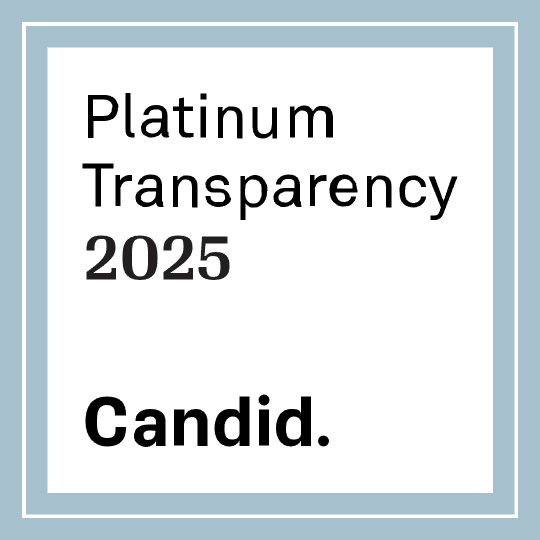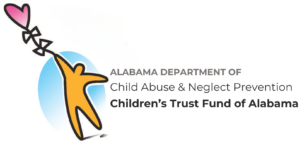
Jay Lloyd, a counselor with The Center for Executive Leadership, has over 30 years of experience guiding individuals and families. He began his career helping those with substance use disorders and continues to work with families dealing with all types of struggles, including addiction. Below are some of Jay’s thoughts for parents based on his years of counseling experience and being a parent himself.
Prevention Starts Early
“Familial protective factors are your best friend,” Lloyd says. Creating these factors begins well before your baby is born. Expecting couples should work hard to make sure they have a resilient, strong marriage. A resilient marriage is elastic and able to adapt to changes.

Before the baby is born, it is important to attend to the needs of the marriage so that you can focus on the needs of the baby when it arrives.
Failure to adopt the role of parent when the baby arrives may lead to a neglect of important facets of parenting. This neglect of the marriage or role as parent can result in weak bonding, poor boundaries, and family frustration.
It is critical to begin building a strong, healthy relationship with your child from early on. This relationship will be the foundation which supports all other parental roles going forward.
Guidelines for Parents
Parents will have to evaluate themselves continuously as they hand down care and authority. Lloyd’s list of recommendations for parents include:
- Avoid mixed messages.
Define very clear boundaries. Allowing bad behavior is the same as giving permission. By establishing a set of rules and consequences, and communicating those clearly, your child will know the behavior you expect from them regardless of the circumstance.
- Model the character and behavior you want to see in your child.
You cannot expect your child to behave better than you do. Modeling behavior includes doing the things you want your child to do. Avoid risky decisions, develop healthy relationships, and avoid contradicting your rules with your behavior. Practice the virtues you want your child to adopt and lovingly address behaviors that break the rules.
- Confront your own challenges honestly.
There are inherent insecurities that stem from parenting. Some parents are emotionally needy, constantly seeking their child’s approval or, in the opposite extreme, feel they can govern by being authoritative, which comes off like a bully. Both can prevent parents from setting rules and encouraging behavior in the way they need to. Evaluate how you influence the power dynamic with your child.
- Execute parental authority firmly and kindly.
It is critical that both parents agree on the rules and be consistent with the consequences.
Executing parental authority requires measured responses, clear messages, and hard guidelines. Developing a trusting relationship with your child allows you to talk about issues, offer guidance, and enforce rules. To the degree that there are rules without relationship, there is rebellion.
When There’s a Problem
Even the most stable families can have problems. Knowing what to do when trouble starts is just as important as trying to prevent it. Lloyd’s tips for dealing with bad behavior and addiction are as follows:

- Know the warning signs and don’t ignore them.
The biggest indicator of trouble ahead is when your child behaves a certain way despite the consequences. Sneaking out, arguing, and casual use of drugs or alcohol can become a problem if not addressed.
- Reach out for help after the second confronted offense.
Do not ignore the first offense. Sit down with your child and address it, but give them another chance to make the right decision. If you have executed your parental authority, but your child is still making poor choices, it is time to consider professional help. Confronting these issues on the front end of addiction is much easier than going through addiction recovery. The idea of treatment can be a deterrent.
- Be concise and unambiguous.
Another lecture will not help at this stage. Venting to your child all your fears and feelings about controlling this problem will only give them more to use against you. Give them clear objectives and guidelines about how you will proceed from the point of intervention.
- Do not escalate with the child.
When it is clear there is a problem, do not engage with the child immediately. This will go against many of your parental instincts, but you need time to de-escalate the situation. Take 24 hours to calm down before you approach the issue. Use this time to also make sure that both parents are on the same page. This ‘time-out’ will allow your emotions to calm, leaving room for a level discussion about next steps.
If there is a need for treatment, the child (or person in need) should be involved in making the plan for treatment and recovery. Regardless of how right you or the therapist believe you are about the situation, the child will be the one recovering. They need to be the ones that, at least partly, create the plan they will be following so that it becomes their personal recovery journey.
Embrace the Reflection

One of the most important take-aways to notice in this topic is that self-evaluation as a parent is important all along the journey. Struggles in your family and with your children, including addiction issues will expose areas in your own life and in your relationships that need attention, growth and change. As one parent phrased it, ‘My child’s addiction is not my fault, but it exposed several areas that I need to make changes’. Even though it is hard to look at, it is critical that as a parent you not only see this reflection, but embrace the exposure so that you may take steps to correct it.
It is important to be an example for our children. An example of someone who is always learning, growing and is not afraid to deal with the hard issues with grace and resilience.









